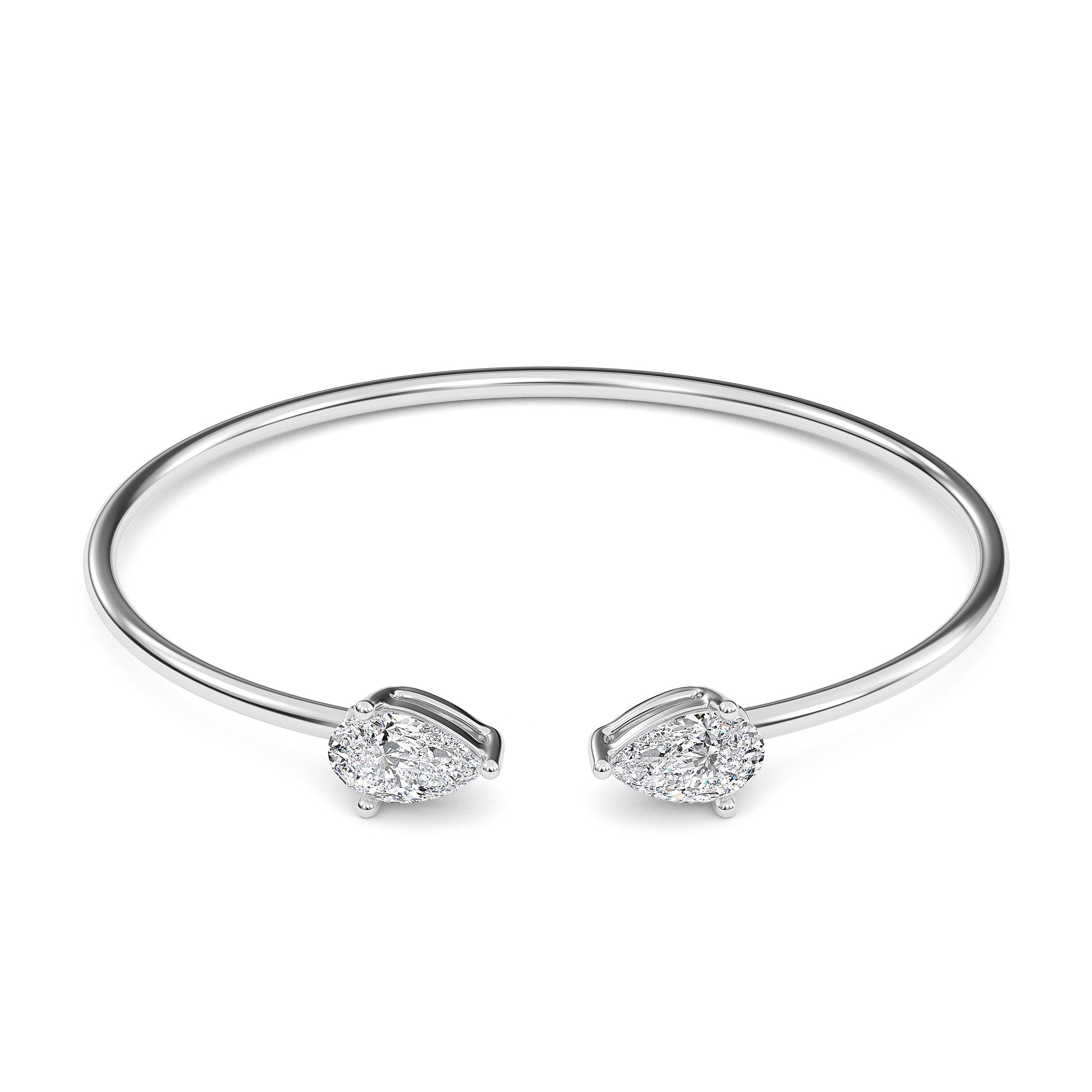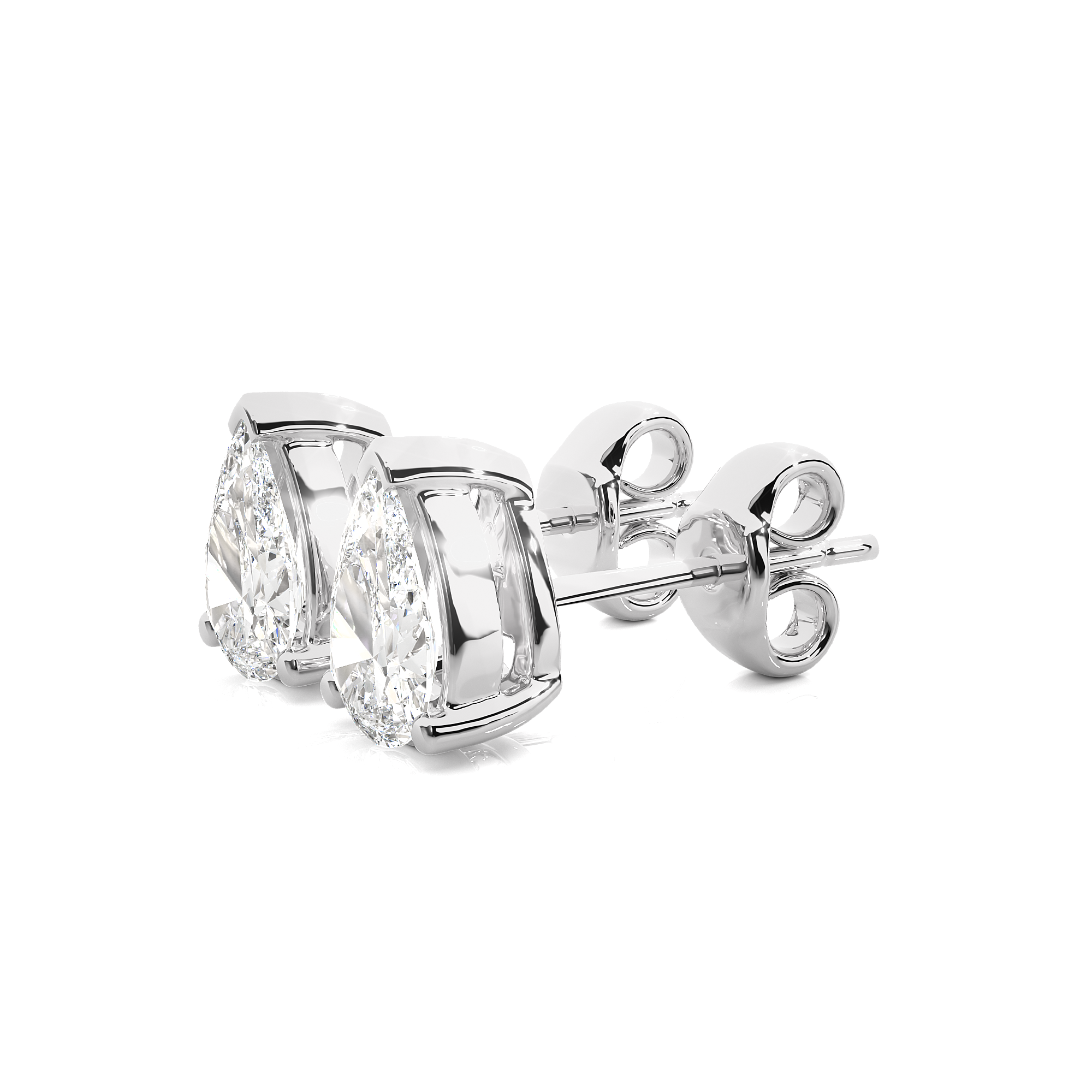Lab-made diamonds, also known as lab-grown or synthetic diamonds, are considered a more sustainable alternative to natural diamonds. Here are several ways in which lab-made diamonds are considered sustainable:
- Reduced Environmental Impact: The process of mining natural diamonds can lead to significant environmental disruption, including deforestation, soil erosion, and habitat destruction. In contrast, lab-made diamonds require significantly less land and have a much lower environmental impact. Although the production process may require energy and resources, it generally has a smaller ecological footprint compared to mining.
- Ethical Considerations: Lab-made diamonds are considered more ethically sound than natural diamonds because they do not involve issues like forced labor or human rights abuses that can be associated with some parts of the natural diamond industry.
- Water Usage: Diamond mining can consume vast amounts of water, which can be particularly concerning in water-scarce regions. While lab-made diamonds do require some water in their production process, it is generally much less compared to the water-intensive nature of mining operations.
- Lower Carbon Footprint: The carbon footprint of lab-made diamonds is generally lower than that of natural diamonds. Diamond mining involves extensive transportation, heavy machinery, and energy-intensive processes. Lab-made diamonds can be produced locally, reducing the need for long-distance transportation and associated emissions.
- Resource Conservation: Mining natural diamonds requires significant fossil fuels and raw materials. Lab-made diamonds, on the other hand, can be produced with more efficient use of resources and a focus on recycling and sustainability.
- Certification and Transparency: Sustainable lab-made diamond producers often adhere to strict certifications and standards, ensuring transparency throughout the supply chain. This means consumers can have confidence in knowing their diamonds' origin and environmental impact.
- Innovations in Technology: As lab-grown diamond technology advances, the production processes become more efficient, using fewer resources and energy. This trend towards greater efficiency contributes to the overall sustainability of lab-made diamonds.
It's important to note that not all lab-made diamonds are created equally, and sustainability can vary depending on the manufacturing processes and practices of different producers. To ensure you are choosing a sustainable lab-made diamond, look for certifications like the Responsible Jewellery Council (RJC) or the International Gemological Institute (IGI) that verify ethical and environmental standards.










